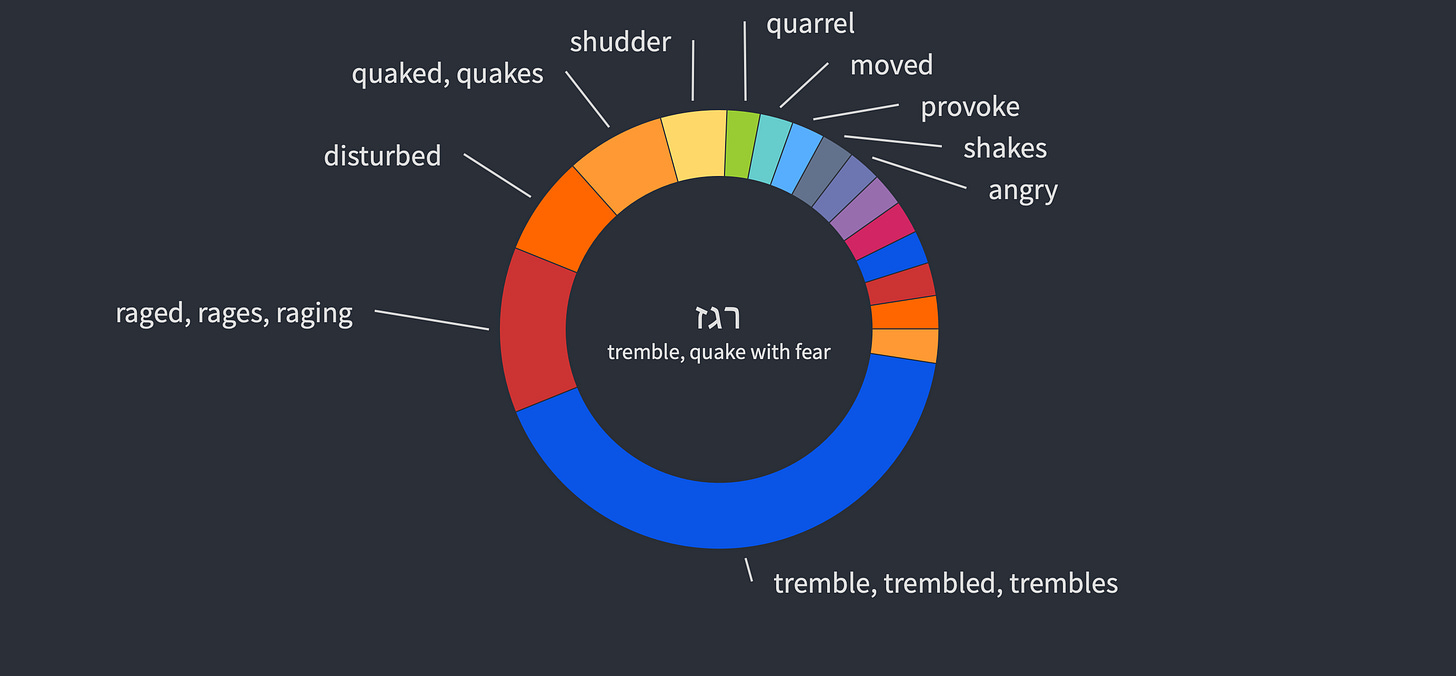To the choirmaster: with stringed instruments. A Psalm of David.
1 Answer me when I call, O God of my righteousness!
You have given me relief when I was in distress.
Be gracious to me and hear my prayer!2 O men, how long shall my honor be turned into shame?
How long will you love vain words and seek after lies? Selah3 But know that the Lord has set apart the godly for himself;
the Lord hears when I call to him.4 Be angry, and do not sin;
ponder in your own hearts on your beds, and be silent. Selah5 Offer right sacrifices,
and put your trust in the Lord.6 There are many who say, “Who will show us some good?
Lift up the light of your face upon us, O Lord!”7 You have put more joy in my heart
than they have when their grain and wine abound.8 In peace I will both lie down and sleep;
for you alone, O Lord, make me dwell in safety.Psalm 4
Devotion:
Psalm 4 is attributed to David but functions as a psalm of lament for public use. It builds on the themes from Psalm 3, where David is in crisis during his son’s revolt. David calls out to God in his distress, and he finds his true peace in him alone.
This is a Psalm for evenings. Thus, why this is being sent out later in the day than usual. David, amid his distress, is able to find sleep and peace. His safety is in the LORD. Prayer becomes his ever-accessible secret gate to attain God’s peace regardless of his external circumstances.
David cries out to God:
1 Answer me when I call, O God of my righteousness!
You have given me relief when I was in distress.
Be gracious to me and hear my prayer! …3 But know that the Lord has set apart the godly for himself;
the Lord hears when I call to him.
Nothing will stop the humble prayers of God’s creation from reaching the ears of the Lord. His grace is clear, and his ears are attentive.
David’s humility and desperate cries in prayer are not thrown blindly.
The psalmist is keenly aware of God’s glorious and awesome power—power that ought to cause us to cease and tremble at its presence.
David speaks saying:
4 Be angry, and do not sin;
ponder in your own hearts on your beds, and be silent. Selah5 Offer right sacrifices,
and put your trust in the Lord.
Translated, “Be angry” is the root רגז, which is often seen as trembling or quaking. In the context of humans, it is sometimes connected to anger.
There is a clear revelation between the righteous and the unrighteous. Those who side with the LORD find peace and sleep. Those who do not are angry and filled with silence. The composer of the Psalms placed Psalm 4 directly behind Psalm 3, where David addresses those who abandoned him in league with Absalom. Their anger was no excuse to sin and oppose the Lord’s will.
Yet, David has found peace amid his distress:
7 You have put more joy in my heart
than they have when their grain and wine abound.8 In peace I will both lie down and sleep;
for you alone, O Lord, make me dwell in safety.
Unlike the fleeting joy of wine and feasts that quickly vanish and demand reprises, the joy of the Lord is the strength of his anointed. David’s psalm is a blessing for those who enter the evening in humility and devotion to God. It can be read, sung, or prayed in the evening, connecting us all to the central human desire to find peace. Like millions before, all who pray Psalm 4 can find peace, not from the recitation of words, but from the direct relation we have with the fountain of living water.
Jesus would embody this prayer in the Garden of Gethsemane. The Greater Son, in the evening of his betrayal, went to the garden to pray. He called out to God and found peace amid his distress. Jesus, in the face of death, knew his safety was in the dwelling of God.
God alone is our safety. Those who dwell in him will find rest.
Details:
Genre: Lament
Attribution: David According toThe Nehiloth (The Flutes)
Structure: Chiasm
Tags: Superscription; Selah; Neginah (with strings)
Themes: Strong Drink Anger Assurance Encouragement Faith God’s Faithfulness God’s Grace Holiness Honest Honor Joy Peace Prayer Righteousness Sacrifice Sin Stress Worship







